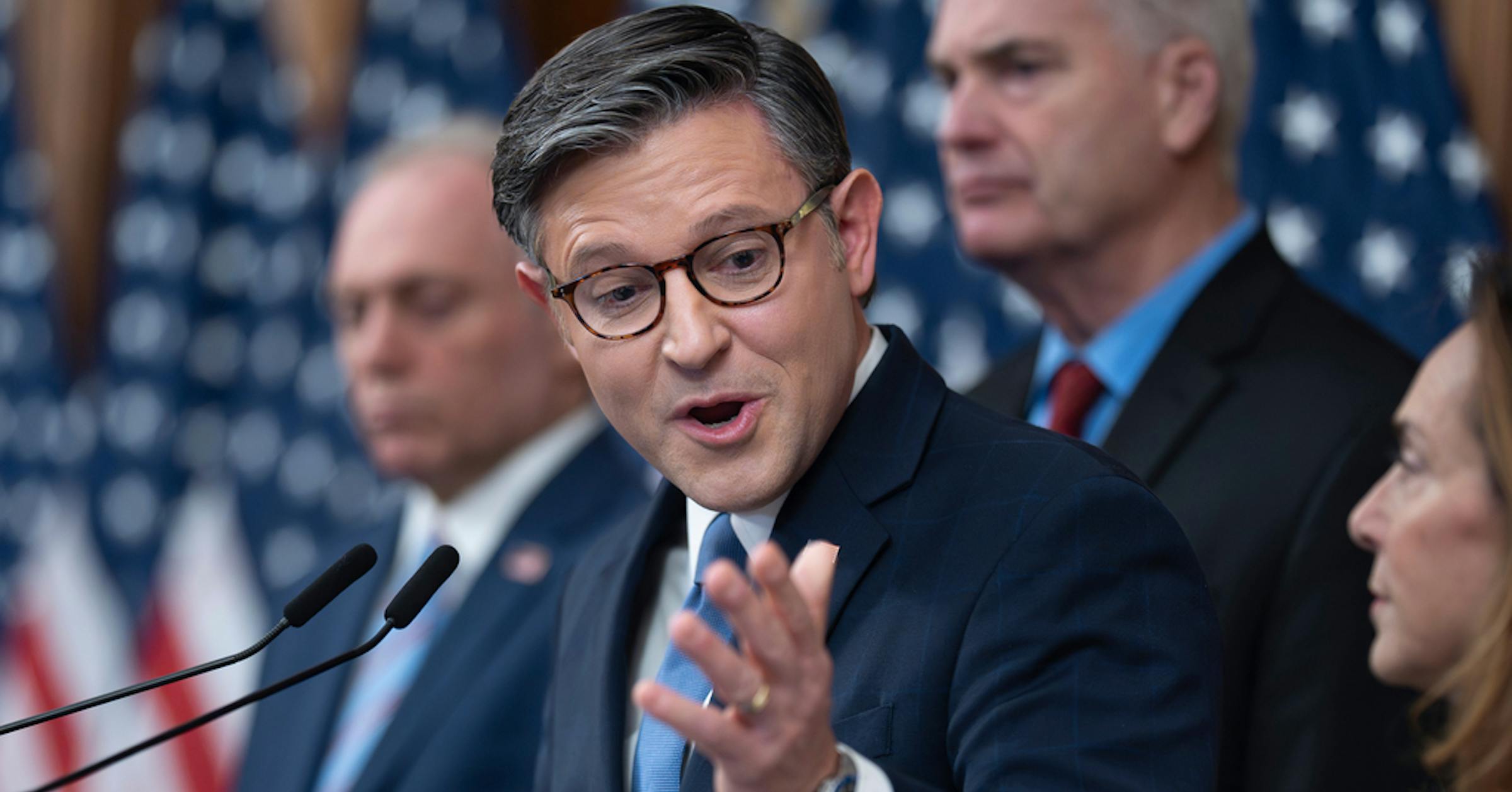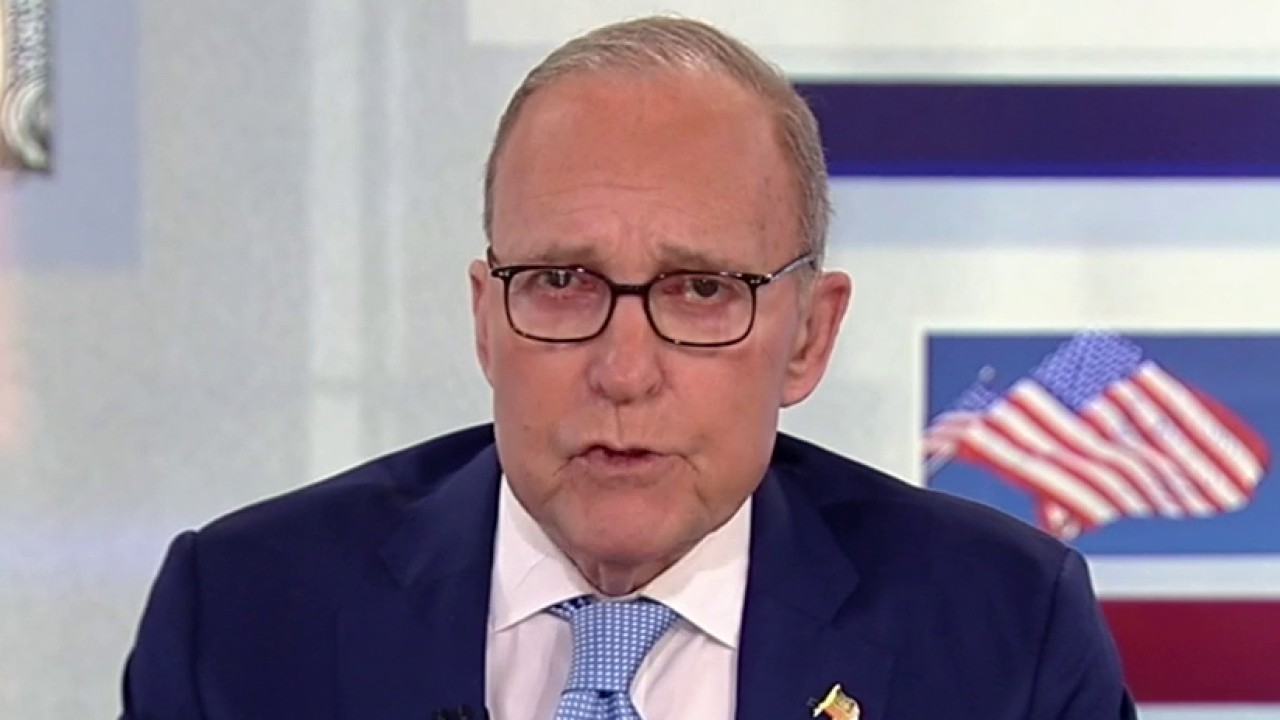Copyright Star Tribune

If you looked only at the congressional battle over funding the federal government, you’d think that Americans were deeply opposed over health coverage. The Democrats are fighting to save enhanced subsidies for the 24 million Americans who get their coverage through Affordable Care Act (ACA) marketplaces. Trump insists that “[t]he cost of Obamacare is out of control, plus it’s not good Healthcare,” and most Republicans, who control Congress, are taking their cues from him. But in key respects, Americans are not opposed on health care. A new poll of 1,319 people who voted in 2024 found that overwhelming bipartisan majorities agree that health care is not affordable. They believe that health insurance should protect them from medical debt. A majority of Republicans and Democrats agree that insurers should not be able to deny coverage based on a person’s medical history and that sick people shouldn’t have to pay more than healthy people for coverage. In fact, a majority in both parties support keeping the very enhanced subsidies that our representatives and senators are fighting over. Protecting the ACA will help achieve these goals. The ACA requires most insurance plans to cover the services most people need, makes standard plans available to nearly all Americans, and helps people pay for coverage that they otherwise couldn’t afford. It also provides ways to remain covered if you lose your coverage. Some powerful Republicans, however, want to weaken the ACA with the goal of ultimately eliminating it and returning to the bad old days before it was enacted. House Speaker Mike Johnson recently called the ACA’s creation “sinister” and said it was “created to implode upon itself.” Others simply want to “repeal all of Obamacare.” This will not reduce costs. The problem is that the cost of health insurance is fundamentally tied to the price of health care. When prices go up, or when more covered health care services are provided per person, so does the cost of insurance. Consider how health insurance — or any insurance — works. An insurer collects money, or premiums, from each member of a group, or risk pool, in exchange for covering all or part of a specific set of services that members of the group might need. The total amount of premiums must cover the cost of all the covered services that group members need, plus marketing, administration and profit. When covered services are very expensive, the insurance covering them will also be costly. Rising health care costs from increased usage of GLP-1 drugs and other pharmaceuticals, private equity investment in and consolidation of hospitals and physician practices, and tariff costs and uncertainties all translate to higher premiums. The answer to this is not to shift costs from employers, insurers and the government to you and me. We’ve tried that and it doesn’t work. Just insuring sick people also doesn’t work. First, it means that health insurance premiums are extraordinarily expensive, for the reason discussed earlier. Second, you want to catch health problems earlier rather than later. Studies show that uninsured and underinsured people are diagnosed later and have worse health outcomes than insured people. In fact, nearly everyone actually wants health insurance — even relatively young and healthy people, who signed up for coverage in droves once it became affordable. Your life isn’t like your house or car. When disaster strikes — and it inevitably will, if given enough time — you can’t save your money and buy another body. And if you don’t have good health insurance when disaster strikes, you’ll be out of luck. So remember this as congressional Republicans dither on the issue of extending Obamacare subsidies. Remember it when they talk about “concepts of a plan” for having employers partially fund premiums for individual coverage, or letting people buy short term, limited duration policies that exclude pre-existing conditions and might exclude coverage for prescription drugs, maternity care and other services. They don’t have real health care solutions. We need to preserve Obamacare for now while we take a hard look under different leadership at how best to provide and fund health care for all of us.



